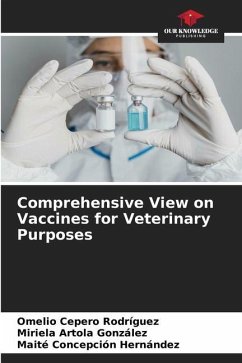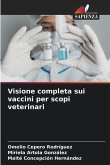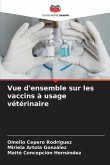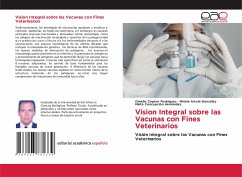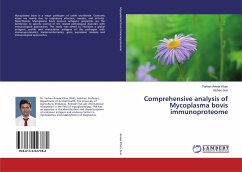Traditionally, vaccination strategies helped to eradicate and control epidemics in veterinary medicine, however the vaccines used (inactivated and attenuated vaccines) had disadvantages such as the dangers of incomplete inactivation and reversion of pathogenicity that produced clinical cases of diseases after vaccinations. Technological advances in recent decades, including genetic manipulation, recombinant DNA techniques, new methods of pathogen attenuation, advances in immunology, particularly with regard to antigenic presentation and antigen processing, have made it possible to direct vaccines towards the search for more specific immune responses, as well as the utilization of new methods for the attenuation of pathogens. specific immune responses, as well as the use of new adjuvants, has served as a fundamental basis for the so-called new generation vaccines. Unlike traditional vaccines, new vaccines exploit the intimate knowledge of the molecular structure of pathogens as well as a better understanding of the mechanism of immunity towards them.
Bitte wählen Sie Ihr Anliegen aus.
Rechnungen
Retourenschein anfordern
Bestellstatus
Storno

